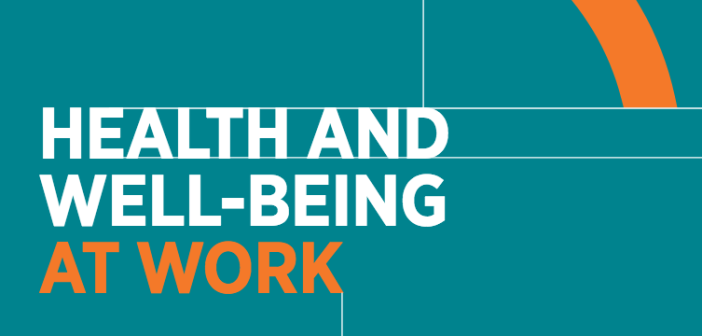Health and well-being at work survey 2019, CIPD/Simplyhealth
Why read this report?
Read this report for a number of reasons:
- To understand what well-being at work looks like in 2019
- To understand what organisations are doing to help support employee well-being
- To see the pitfalls and what stops organisations developing a healthier workforce and workplace
- To realise that managers need help and support because most aren’t getting what they need
About the research
This is the CIPD’s 19th health and well-being survey, conducted in partnership with Simplyhealth. The research includes responses from 1,078 organisations across the UK representing 3.2 million employees.
Standout stats
This report is full of data that makes for sobering reading. Despite the fact there are some indications that employee well-being is moving up the corporate agenda and that absence is at an all time low, the reality is that 83% of respondents say they work when they are unwell and 63% say people use their holidays to work, or work when off sick. Mental health is the number one cause of long-term absence.
Presenteeism is a huge challenge. More than four-fifths of respondents have observed presenteeism in their organisation over the past 12 months. Alarmingly, little is being done about it. According to the report authors, “Most organisations are not doing anything to discourage presenteeism.”
For those organisations that are running well-being programmes, only a third say their organisation takes a continuous improvement/feedback loop approach to improve their programmes. The implication here is that most organisations do not know what is working and why.
The research shines a light on the role of managers in causing stress and supporting colleagues who are suffering from stress. Management style is the second biggest cause of stress related absence in the workplace. So, managers are a big part of the problem. However, only 18% of people professionals say managers are confident and competent to spot the early warning signs of mental ill health. Moreover, only 50% of managers have bought into the importance of well-being at work. And 50% have been trained to manage stress. The research shows that many organistions are failing to support managers so they can support their teams.
Final word
Well-being at work is higher on the corporate agenda than it was but this report still makes for grim reading. In particular, organisations need to take a good look at their managers, both as the cause of stress at work and as a part of the solution. Use the data in this report to assess how your organisation is doing and use it to start a conversation about how things can be improved
Report reading time: 25 minutes
Media: PDF
Link: http://ow.ly/EHZF30ooyMB


